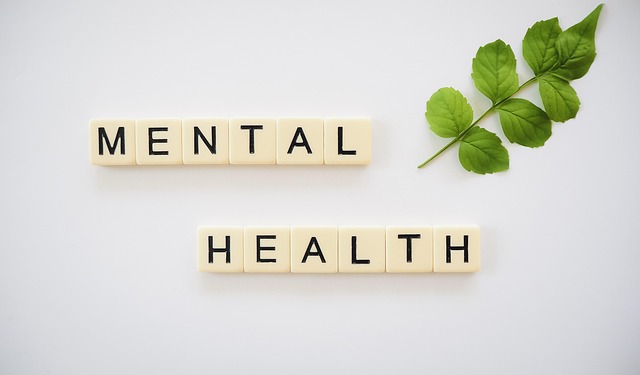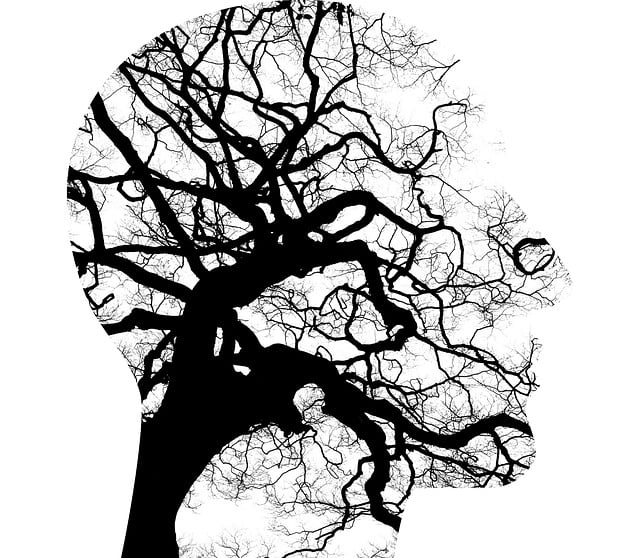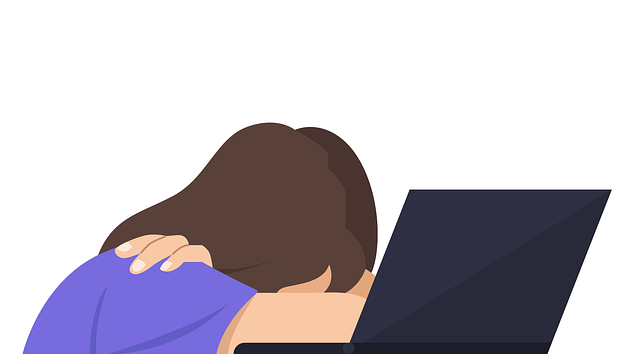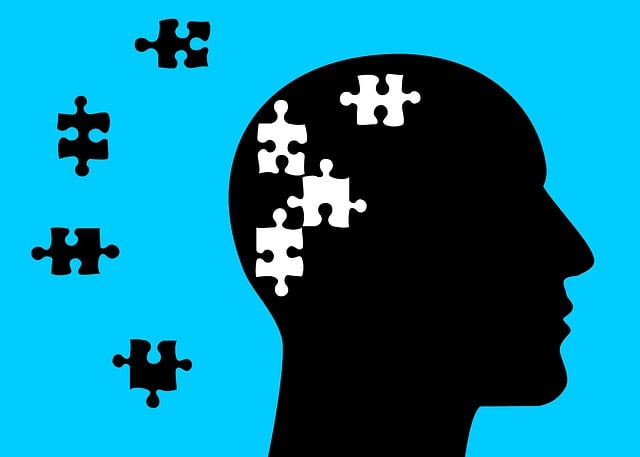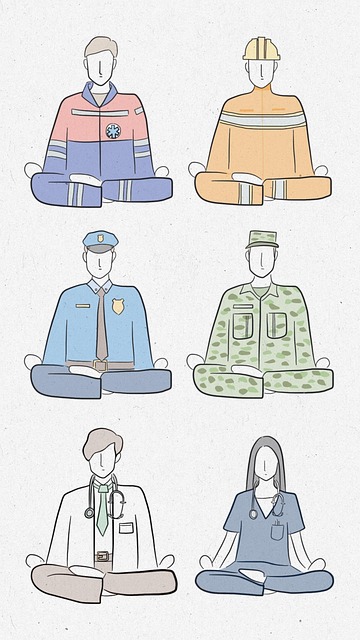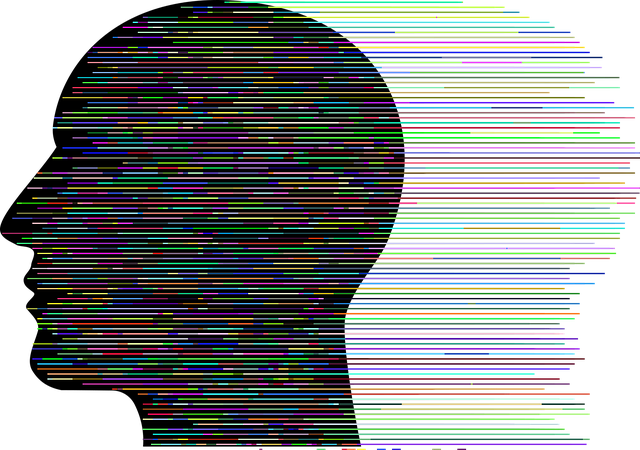Anxiety among adolescents is a growing concern, necessitating early recognition through comprehensive mental health evaluations. Signs like persistent irritability or difficulty concentrating may indicate anxiety disorders. These evaluations guide tailored therapy for adolescent teens focusing on burnout prevention and emotional well-being. Effective approaches include Cognitive Behavioral Therapy (CBT), Mindfulness-Based Therapies, and compassion cultivation practices. Integrating community outreach, conflict resolution, and cultural sensitivity enhances these treatments. Everyday self-care practices like consistent sleep, balanced diets, and regular physical activity, combined with mindfulness exercises, form a powerful coping toolkit. Professional guidance through specialized mental health evaluations and therapy is crucial for managing anxiety effectively.
“Anxiety among adolescent teens is a prevalent concern, impacting their daily lives and overall well-being. This article delves into comprehensive strategies for managing anxiety, focusing on various aspects of support and treatment. We explore ‘Understanding Anxiety in Adolescent Teens’, the importance of early recognition through ‘Mental Health Evaluations’, and effective therapy approaches tailored to this demographic. Additionally, we highlight self-care practices as powerful tools for daily anxiety management, offering a holistic view of promoting mental health and resilience in young individuals.”
- Understanding Anxiety in Adolescent Teens: Recognizing Signs and Symptoms
- The Role of Mental Health Evaluations in Diagnosing Anxiety Disorders
- Effective Therapy Approaches for Overcoming Adolescent Anxiety
- Self-Care Strategies for Daily Anxiety Management and Well-being
Understanding Anxiety in Adolescent Teens: Recognizing Signs and Symptoms

Anxiety among adolescent teens is a growing concern within modern society. Recognizing signs and symptoms early on is crucial for effective therapy and improved mental health evaluations. Adolescents may exhibit various behavioral changes, such as persistent irritability, difficulty concentrating, or excessive worry, which could indicate underlying anxiety disorders. Understanding these indicators is essential for parents, educators, and healthcare providers alike, enabling them to offer support and guidance.
Through comprehensive mental health assessments, professionals can identify specific types of anxiety, ranging from social anxiety to generalized anxiety disorder. These evaluations play a pivotal role in tailoring treatment plans, which may include therapy sessions focusing on burnout prevention strategies for healthcare providers or emotional well-being promotion techniques. Compassion cultivation practices have also shown promise in fostering resilience and enhancing the overall coping abilities of adolescent teens.
The Role of Mental Health Evaluations in Diagnosing Anxiety Disorders

Mental health evaluations play a pivotal role in diagnosing anxiety disorders among adolescent teens. These comprehensive assessments are designed to uncover the root causes and specific types of anxiety, which is crucial for tailoring effective therapy. Through a combination of interviews, questionnaires, and behavioral observations, mental health professionals gain insights into an individual’s thought patterns, feelings, and triggers. This process helps differentiate between general anxiety and more severe conditions like panic disorder or social phobia, guiding the development of appropriate treatment plans.
For teens grappling with anxiety, journaling can serve as a powerful tool for self-reflection and emotional healing processes. Capturing thoughts in a mental wellness journal encourages awareness and provides guidance on managing symptoms. Additionally, self-care routine development is integral to holistic mental health improvement. Techniques like mindfulness exercises and stress management strategies, integrated into daily lives, empower adolescents with tools to navigate anxiety triggers and foster better mental wellness.
Effective Therapy Approaches for Overcoming Adolescent Anxiety

For adolescent anxiety management, various effective therapy approaches have proven successful. Cognitive Behavioral Therapy (CBT) is a widely recognized method that helps young individuals identify and change negative thought patterns contributing to their anxiety. By learning coping strategies, adolescents can effectively navigate challenging situations and reduce anxiety symptoms. Additionally, Mindfulness-Based Therapies gain popularity for fostering present-moment awareness and self-acceptance, enabling teens to manage anxiety responses.
Integrating community outreach program implementation, conflict resolution techniques, and cultural sensitivity in mental healthcare practice further enhances these therapies. Tailoring treatments to consider diverse cultural backgrounds and employ strategies like peer support can significantly improve outcomes. Regular mental health evaluations ensure the therapy’s effectiveness and allow for adjustments, catering to each adolescent’s unique needs.
Self-Care Strategies for Daily Anxiety Management and Well-being

Anxiety management doesn’t have to be complicated. Incorporating simple self-care strategies into daily routines can significantly improve mental health and well-being, especially for adolescent teens. Start with consistent sleep schedules and balanced diets; these foundational aspects are crucial in managing anxiety levels. Regular physical activity, even short bursts throughout the day, releases endorphins known to reduce stress and promote a sense of calm. Combining these practices with mindfulness exercises or engaging in hobbies can create an effective coping toolkit.
Beyond self-care, seeking professional guidance is vital. Therapy specifically designed for teens offers safe spaces to process emotions and behaviors, while mental health evaluations provide tailored insights and support. Integrating mental health education programs into the design of therapeutic approaches further empowers adolescents to understand their experiences. Additionally, trauma support services should be accessible to those who may have experienced past traumas contributing to their anxiety.
Anxiety management is a journey that begins with recognizing signs (Understanding Anxiety), followed by proper diagnosis through mental health evaluations (Mental Health Evaluations), and employing effective therapy approaches tailored to adolescent teens (Therapy for Adolescent Teens). Integrating self-care strategies ensures holistic well-being. By combining these methods, parents and guardians can empower teens to overcome anxiety and foster a healthier, more balanced life.

